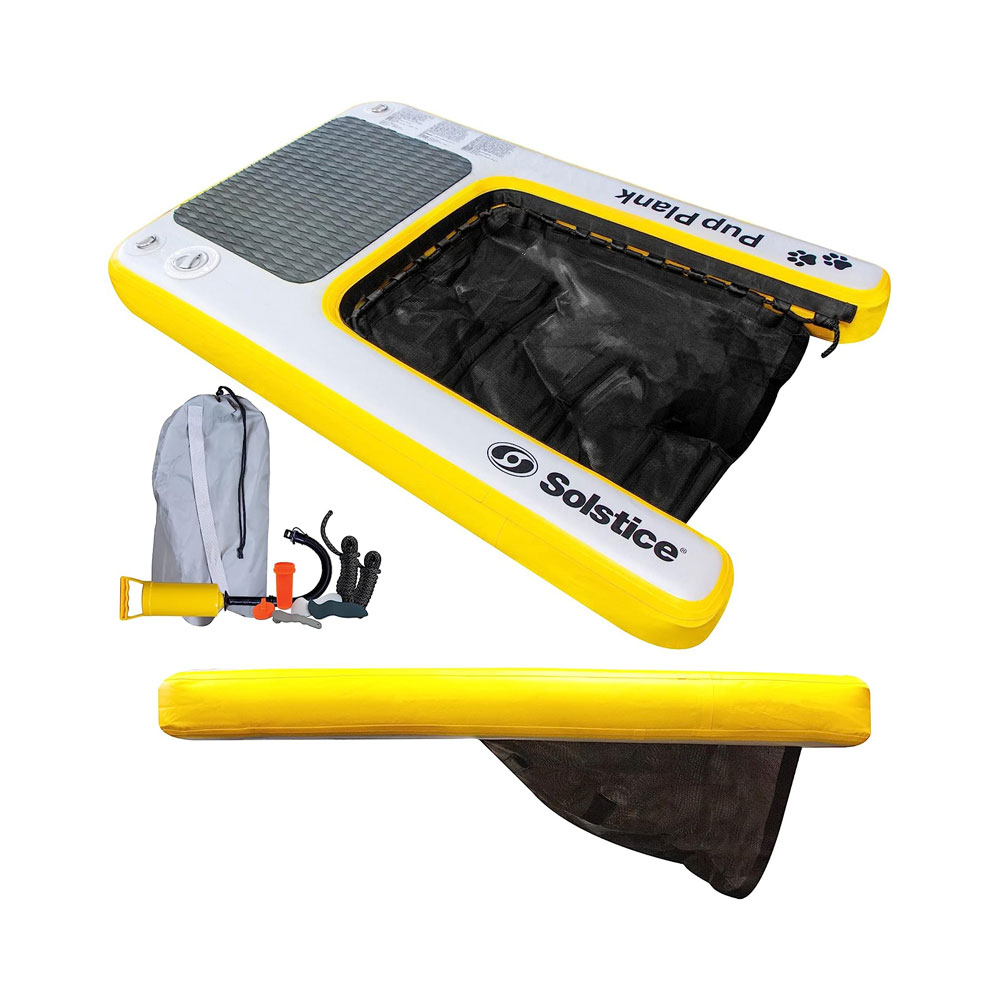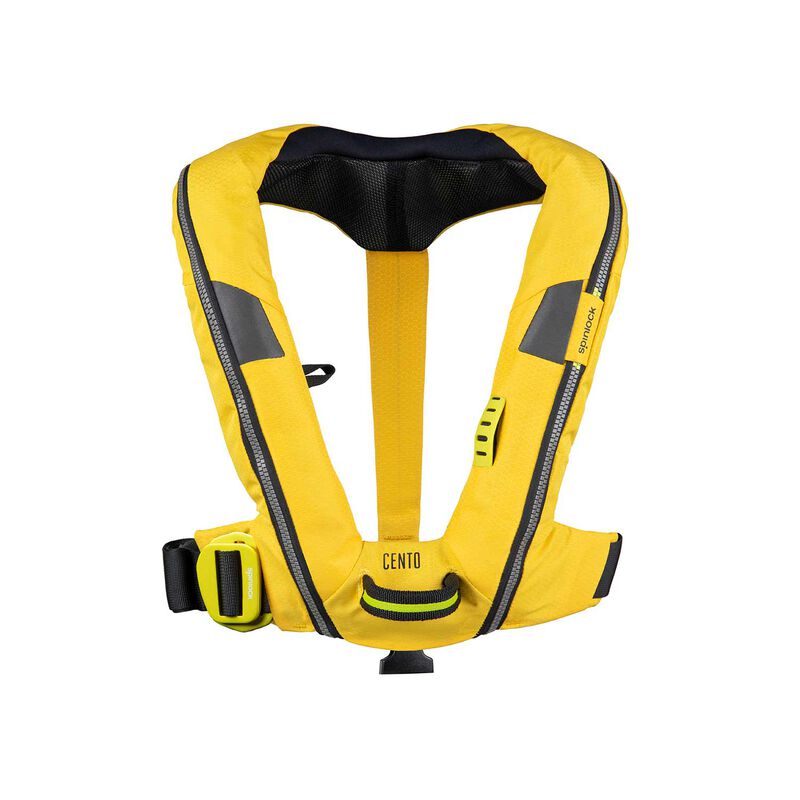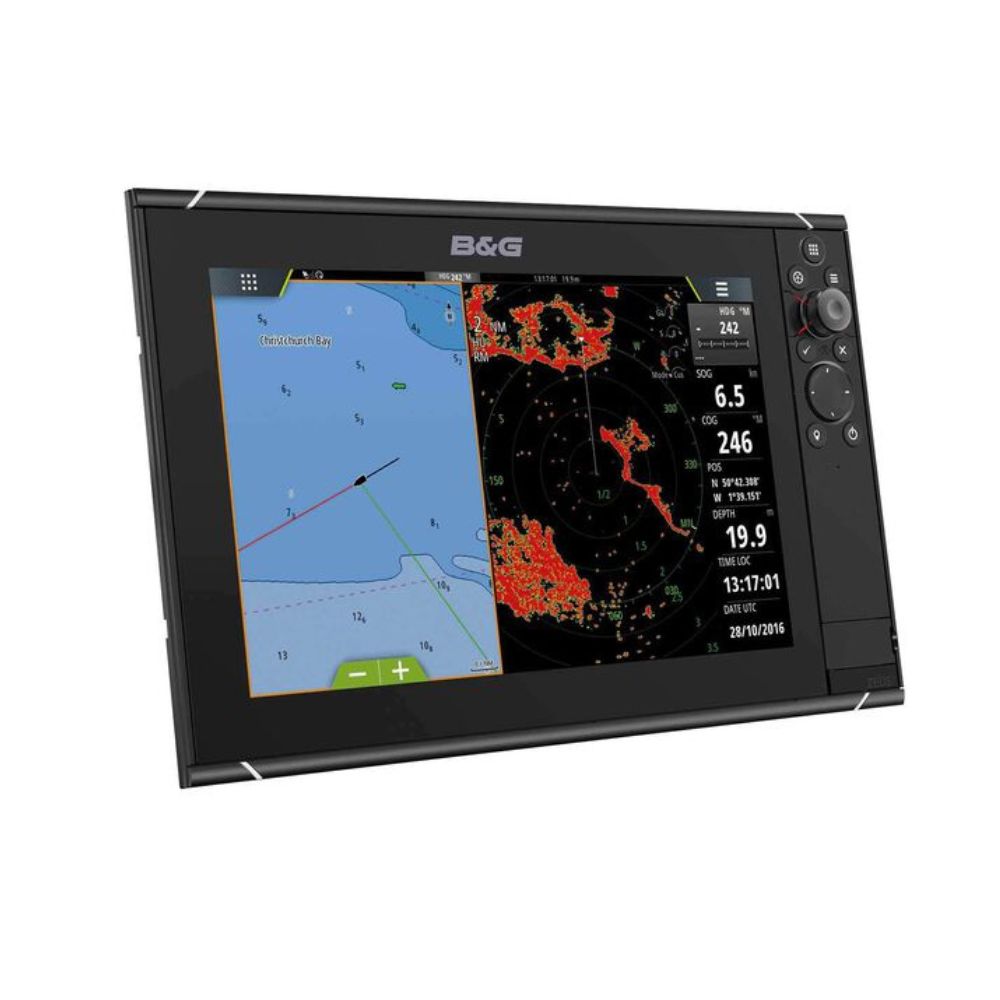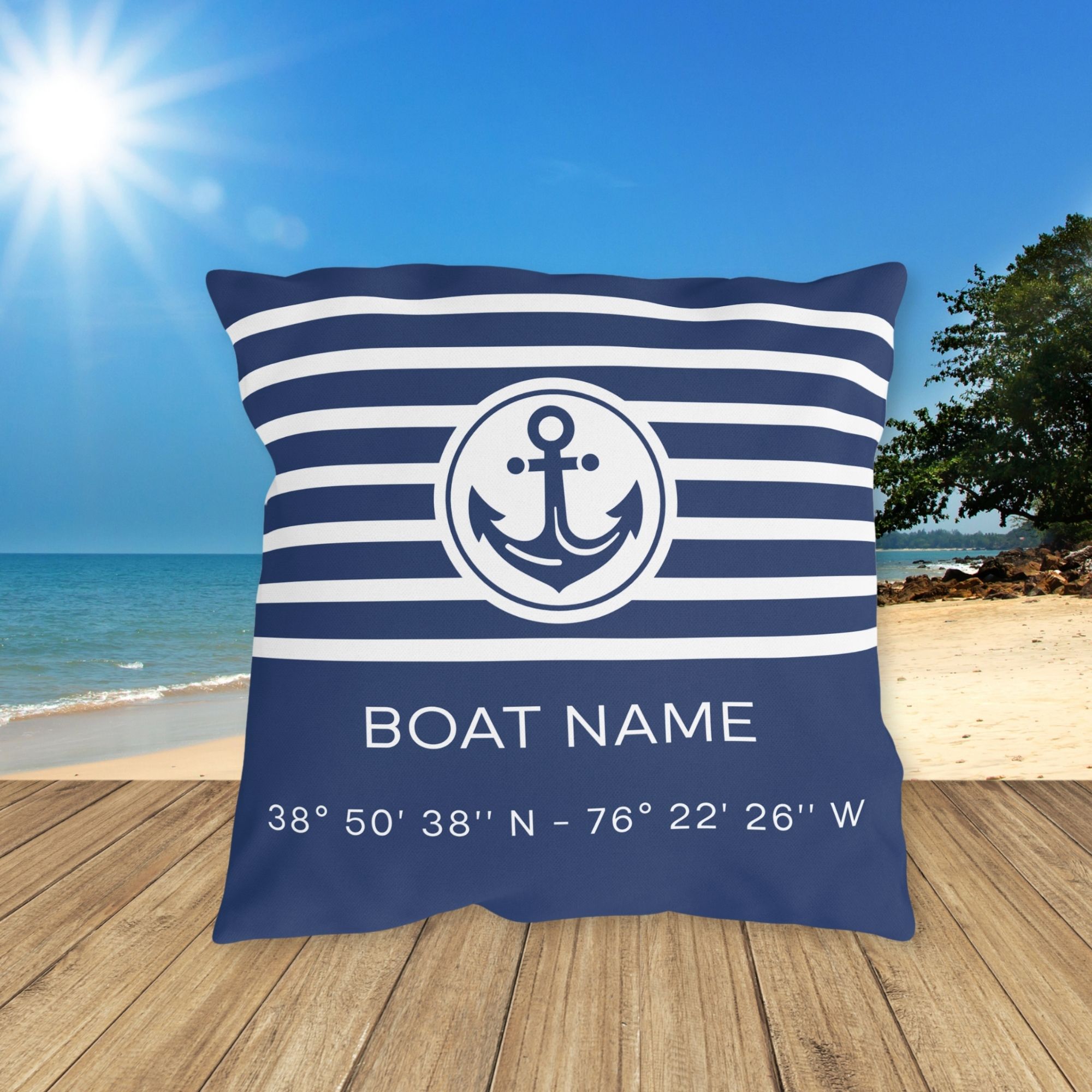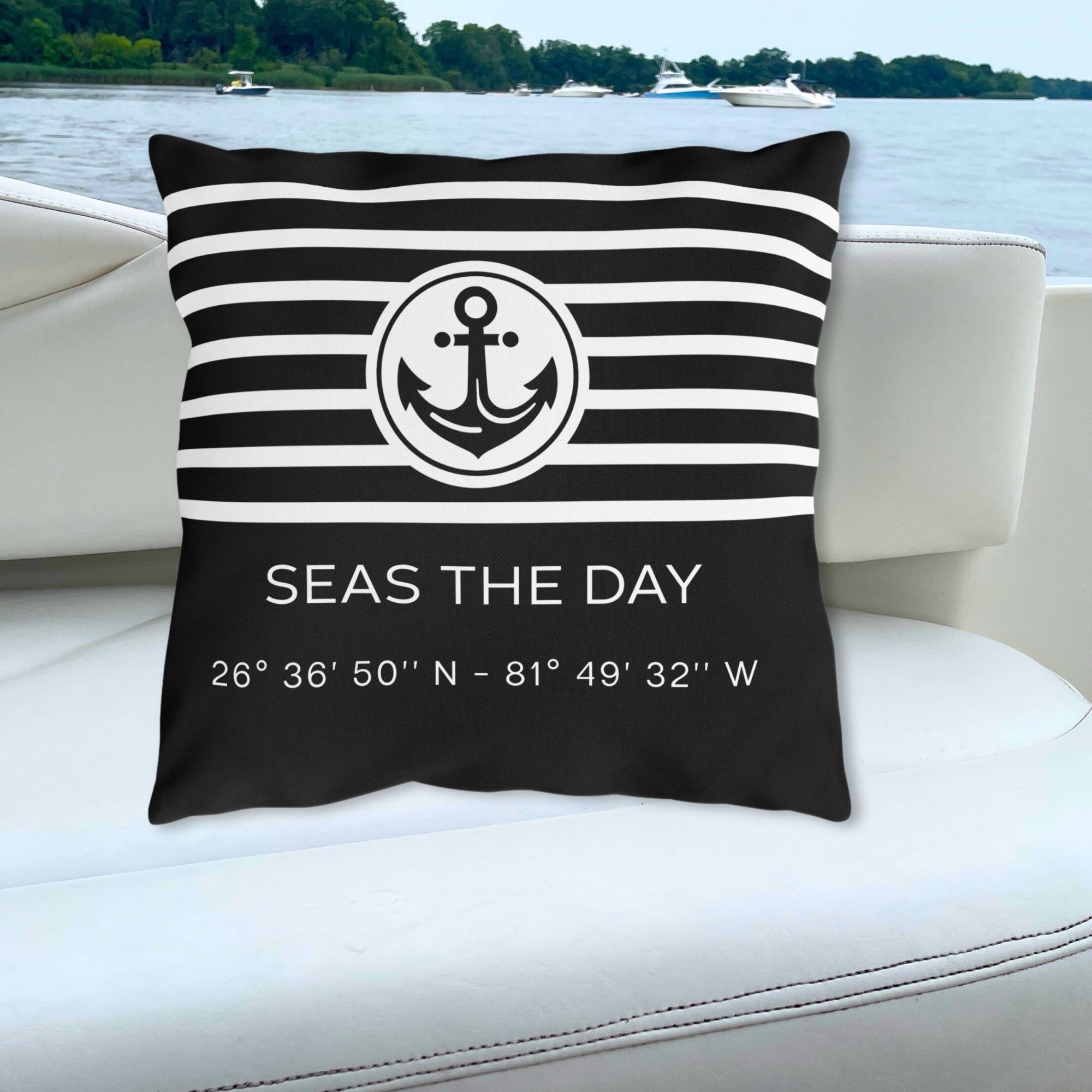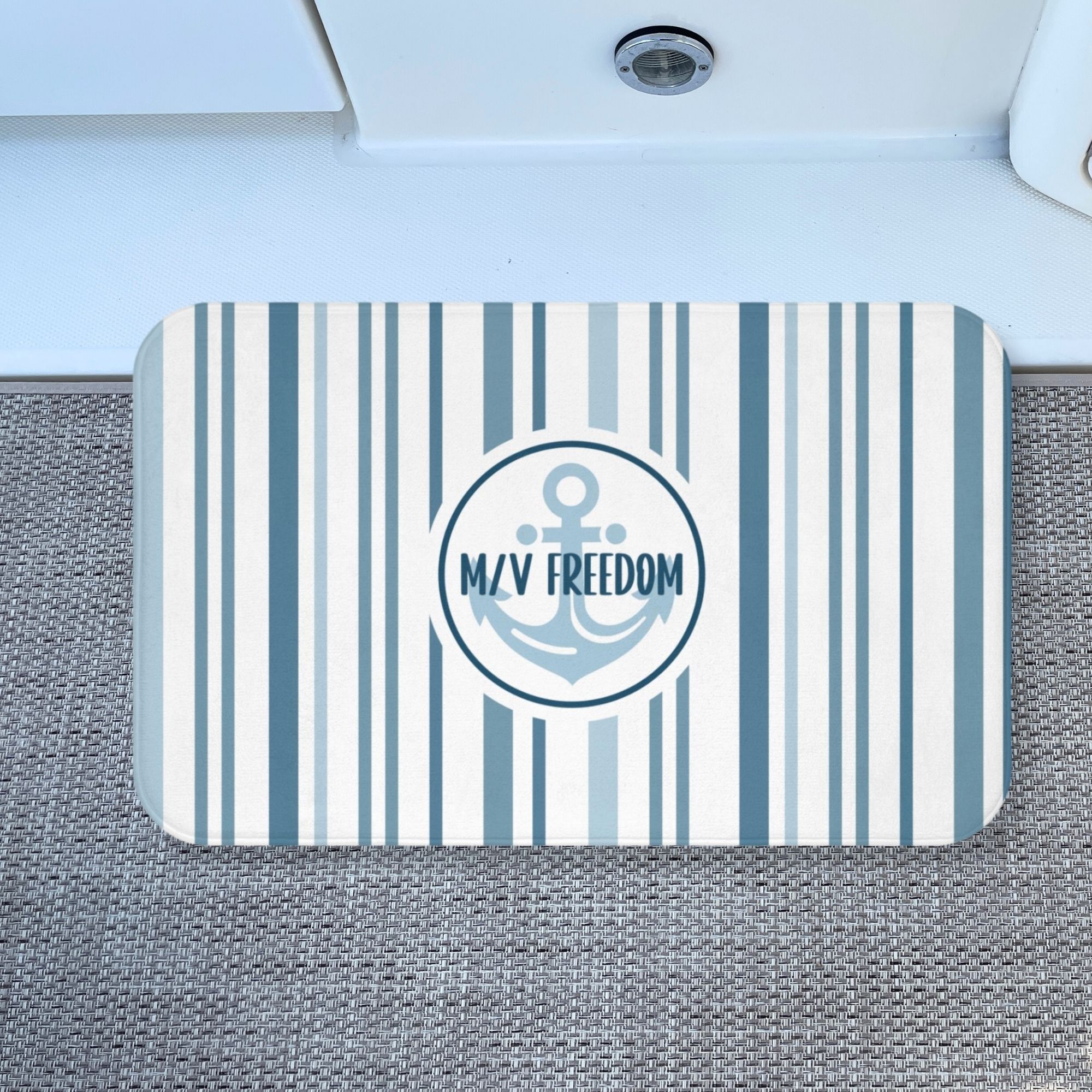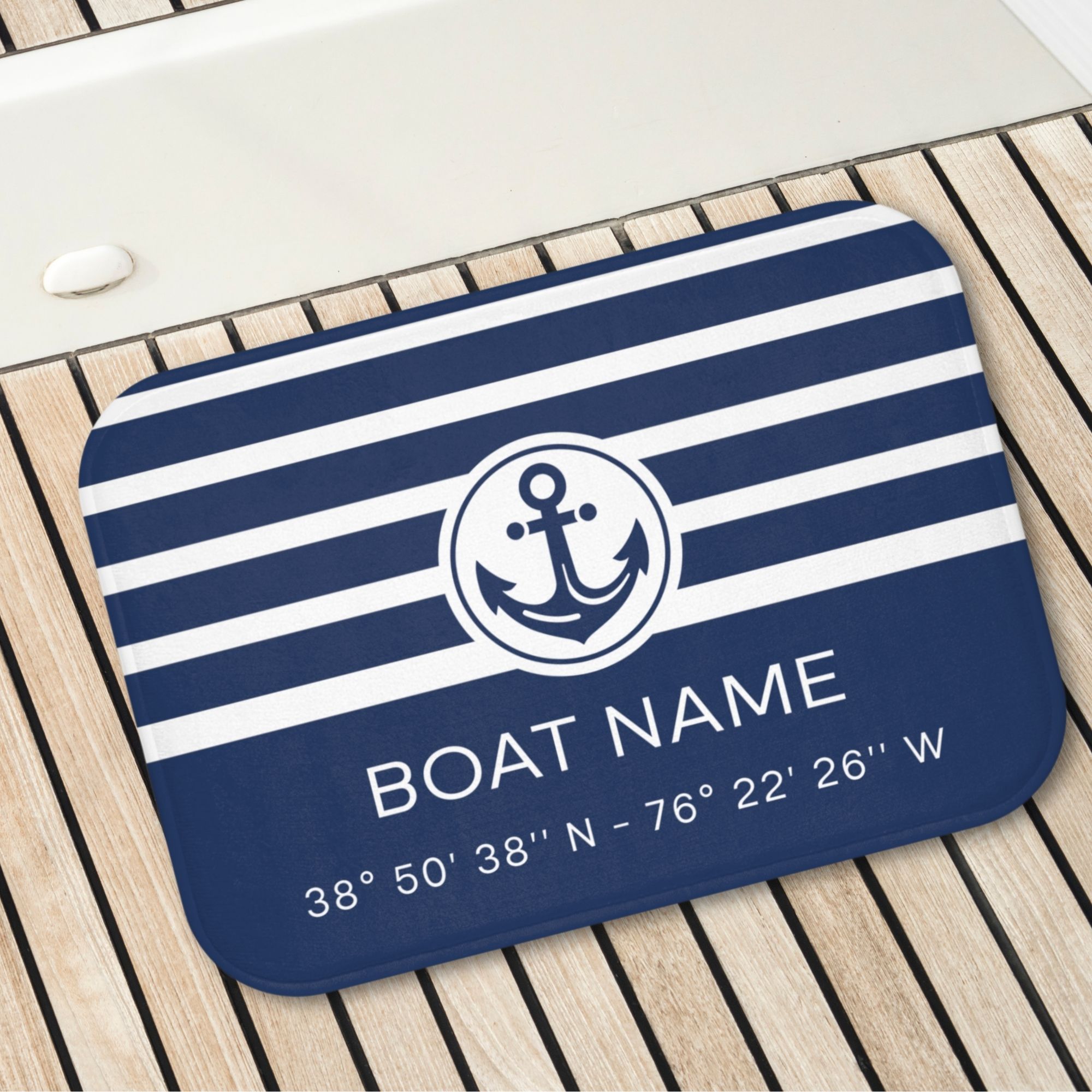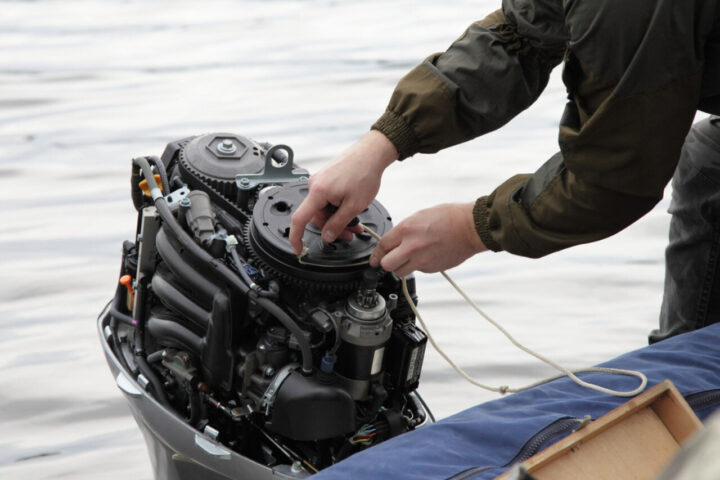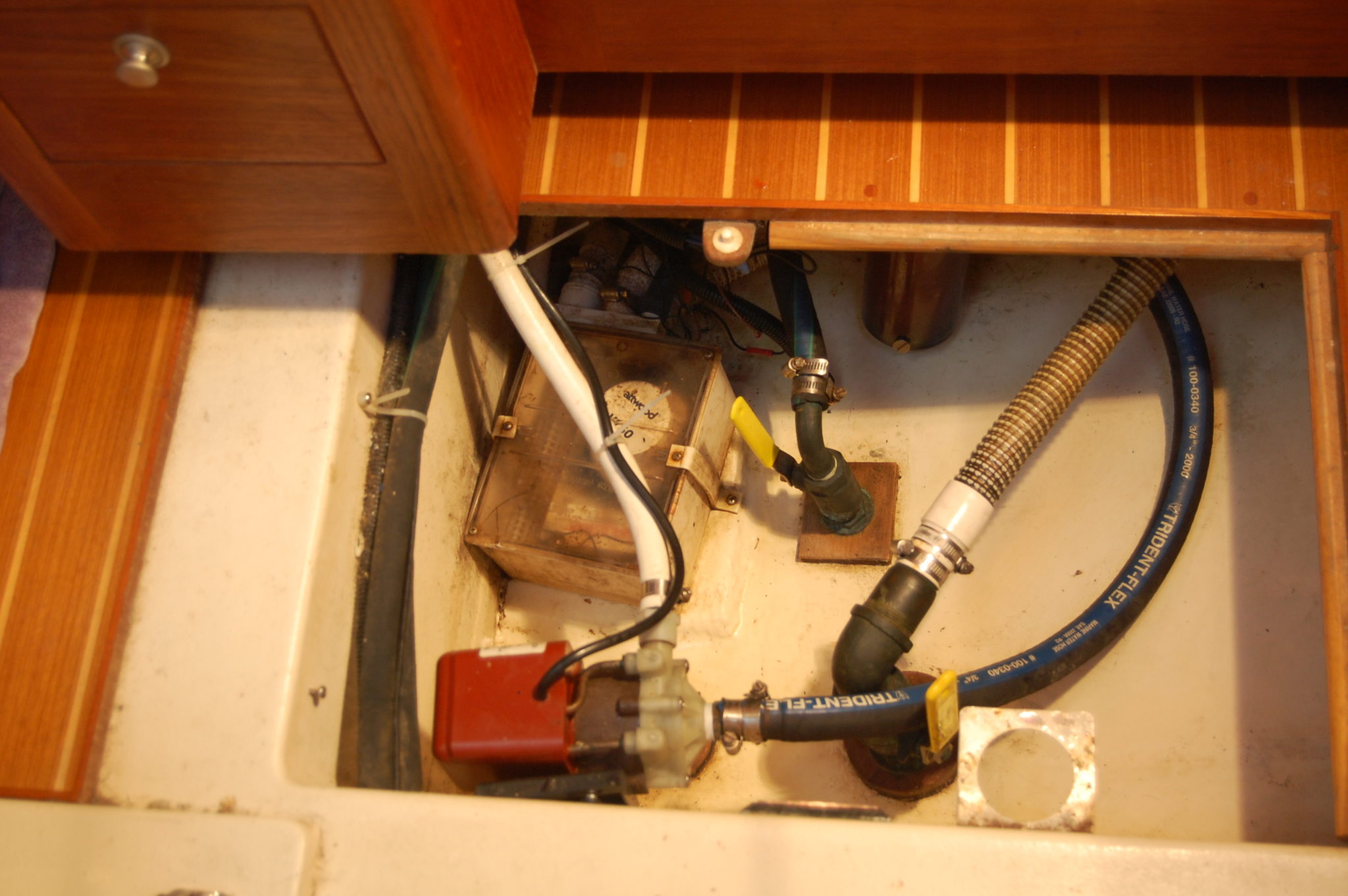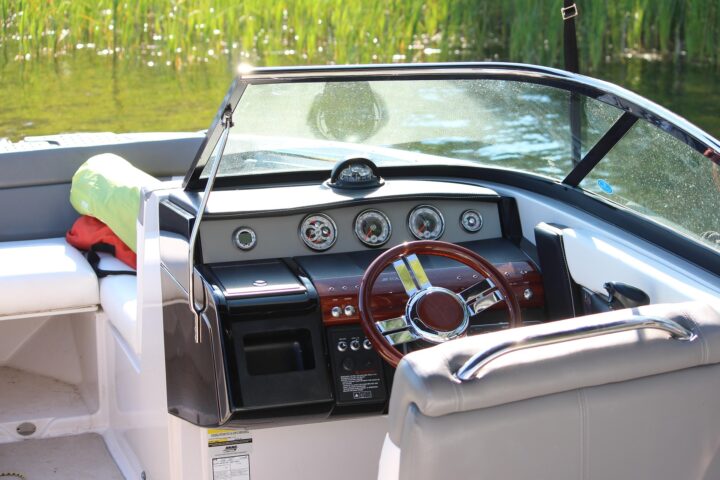Extreme cold weather freezes rivers – Sassafras, Elk, Susquehanna, Chester, Patapsco – on the Chesapeake Bay in early December
were still in the water awaiting winter storage.
Boat owners in Maryland and Delaware getting a late start winterizing their boat – or even pulling their boat from the water for winter storage – were surprised to see that many of the rivers along the Chesapeake Bay were already frozen.
With a few straight weeks of close to or below freezing weather, that was all it took to freeze water in many areas of the Chesapeake Bay rivers.
In the 2009-2010 winter season there were relentless snow storms that caused boat shed collapses in some areas. Now, in the 2010-2011 winter season, an early freeze of rivers is causing boats to scramble for winter storage or quickly plan for safe in-water winter storage. It seems that the east coast is not going to have a mild winter and boater’s should be cautioned.
History of Rivers Freezing on Chesapeake Bay
It is very rare for rivers in Maryland and Delaware to have water freeze so early in the season. Although the further up a river and away from the mouth of the Chesapeake Bay or ocean, the more likely it is that the river will freeze at some point during the winter. The month of December in 2010 was the coldest December month on record for Maryland in 25 years. The Maryland Department of the Environment reports that the sudden cold weather was likely the cause of a massive fish kill in the Chesapeake in January 2011.
It is even more rare for the actual Chesapeake Bay to freeze. In fact, the last time the Chesapeake Bay was frozen was in the winter of 1976-1977.
In-Water Winter Storage Problems
Many boaters down south choose to keep their boats in the water year-round. Despite colder boating conditions, rivers are less likely to freeze and cause problems with boats in the water.
Further north, it is less common for boaters to keep their boats in the water year round. But some boaters do choose to do it, and with proper precautions it is usually not a problem. A few of the in-water winter storage precautions are:

Boat sheds. Keeping a boat protected under a shed is a good way to keep snow off of boats. But make sure that the marina has plans for dealing with large amounts of snow – such as a heat system to melt snow off of the roof. In 2009, there was so much snow in the northeast that there were several boat shed roof collapses in Maryland that sunk or destroyed boats.
Bubblers. Moving water around a boat will keep ice from forming. Boats in the water in the winter should be well protected by multiple bubblers.
Winterize or protect engines. If you are not using the boat while it is in the water, then it is best to winterize both the engine and the water systems in the boat to protect against damage. Some people choose to use the boat while it is in the water during the winter and choose not to fully winterize the water systems. Precautions should be taken to keep the boat at a warm temperature to avoid freezing.
Trending Now: Must-Have Boat Gear for Your Boat Life
Trending Now: Custom Boat Decor
-
Boat Pillow with Boat Name & LAT LONG Coordinates
Quick ViewBuy on Etsy -
Boat Pillow with Boat Name & LAT LONG Coordinates- Black
Quick ViewBuy on Etsy -
Coastal Blue Stripes Bathmat with Anchor & Boat Name
Quick ViewBuy on Etsy -
Custom Boat Mat with Boat Name & LAT LONG Coordinates
Quick ViewBuy on Etsy
Disclosure: This site may contain links affiliated with companies where we receive compensation. Also, as an Amazon Associate we may earn from qualifying purchases we refer but it does not impact the price you pay. Full disclosure policy.

